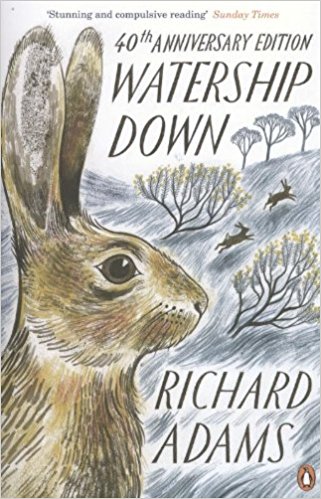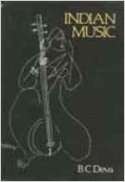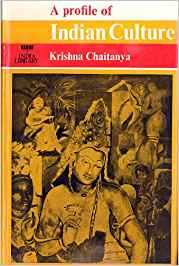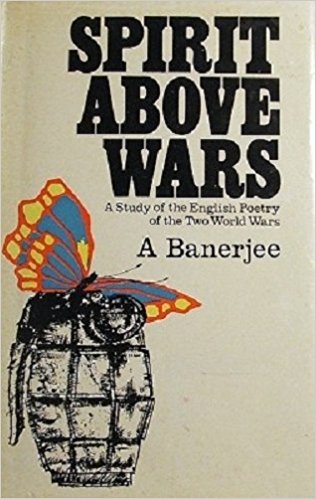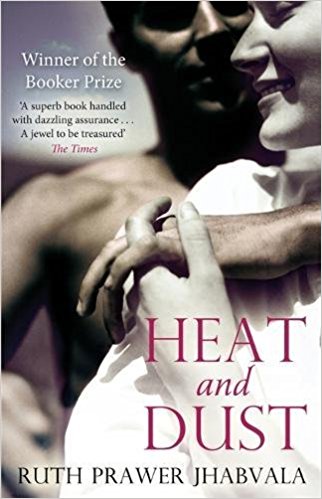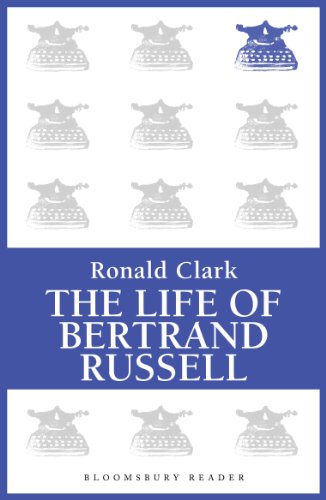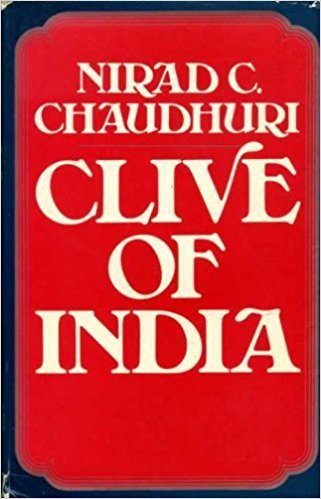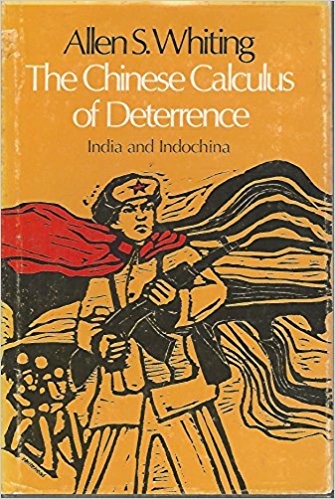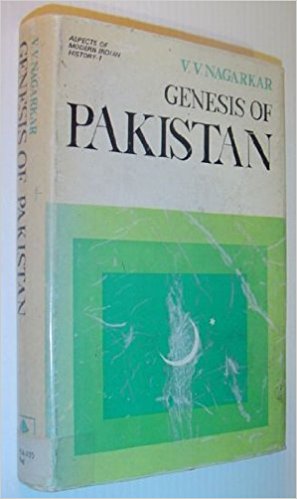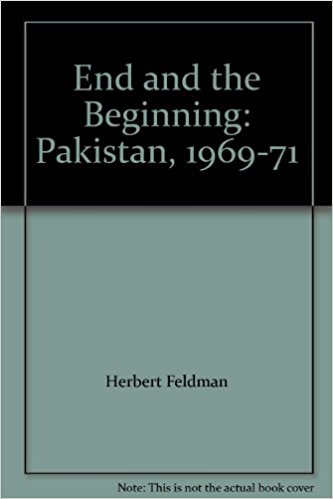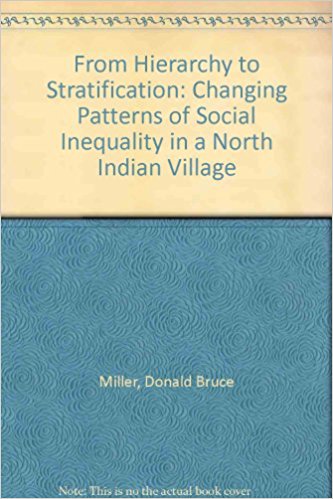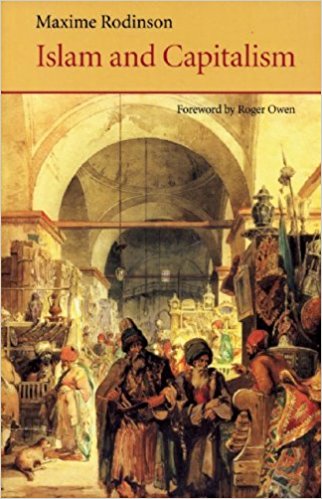Edgar Allan Poe declared that the definitive characteristic of the short story was its unity of effect and said that the short story writer, ‘if wise, has not fashioned his thoughts to accommodate his incidents, but having conceived, with deliberate care a certain unique or single effect…
Archives
April 1976 . VOLUME 1, NUMBER 2It is noble to think of utopia and nobler still to believe that it can be realized. The authors of the above works have chalked out—with conviction and imagination that at times verges on fancy—the future world orders which would permit the realization of four central…
Contradiction and Change by Anand Chakravarti is the outcome of intensive field work in Devisar, a multi-caste village in Rajasthan. The book is of interest to the serious student of sociology. This is not a light book to be pursued by those who are interested in getting a glimpse of the process of the changing patterns of Indian society…
1976
Watership Down is an incredible book. It is the story of an epic journey of a small band of wild rabbits. Fiver, the prophet, predicts imminent destruction and, under the leadership of his brother Hazel, the rabbits leave the familiar security of their warren and brave the unknown countryside in search of a new home…
Like the proverbial Prometheus, Sikkim, having happily unbound itself from a despotic past, now adds to the diversity-a distinct hallmark of our culture. Yet, reading these tales from Sikkim, one often has a feeling of familiarity. It stems from common experiences of the past…
1976
Indian Music, like Hinduism, is comparable to an ocean. Its origins are lost in the mists of antiquity, and over the centuries, it has evolved, modifying itself to suit the times, assimilating new ideas from alien concepts, and yet managing to retain its own unique personality.
Here is another general commentary on Indian culture, this time by a well-known Indian writer. It is difficult to assess which level of reader the book is really meant for as it is written in a very broad sweep.
Good intentions in anthology-making are never good enough unless they are backed by a clear sense of direction, a balanced overview of the ground under survey, and—if it is an anthology of translations—an uncompromising stand on the quality of translations coupled with a precise awareness of the ‘other language’ audience and its standards.
Shakespeare is easily the most written about dramatist, so much so that one feels he might have taken fright, had he lived, to see his plays interpreted on so many levels—some of them well beyond his ken. And this has been the case mainly with his tragedies…
Each age has poets and poems circumscribed by environmental pressures and the politics of the emotions of the age. It is not just the manner in which feelings are expressed but these feelings—the very impact of a situation, seems to be different in every age. But a poet or poets…
1976
Indians writing poetry in English and not in their mother-tongue, Indo-Anglian poetry as it is fashionably known, has become quite a cult today. A cult particularly among the generation still suffering from the colonial hangover, the generation without any roots anywhere…
1976
Once again in her latest novel, as in most of her earlier work, Ruth Prawer Jhabvala explores the situation of foreigners in India and what India does to them. But unlike her earlier work (seven novels and three collections of short stories), here for the first time…
Bertrand Russell was born in 1872 and died in 1970 at the ripe old age of ninety-seven. Mathematician, philosopher, pacifist during World War I, advocate of war on Russia soon after World War II, campaigner for nuclear disarmament towards the end of his life, and prolific writer on a variety…
1976
Nirad Chaudhuri has been quiet of late. A new book from him is, therefore, a welcome sight, for a remarkable control of the English language has given Chaudhuri a position in Indo-English literature similar to that of Mohammed Ali in international boxing. He is the greatest, especially at telling…
It is difficult to do full justice to the quality of the massive effort culminating in this diligent compilation of published material on the title of the book. The survey induces sadness at what appears to be a near total lack of (a) research into the more fundamental issues of public administration, (b) depth and penetration in such studies as have been made or come to notice…
Leftism, as commonly understood, is a blanket term covering everything from reformism to the more eccentric reaches of the New Left. What Gombin means by it, however, is those sections to the Left of the Communist parties which do not claim to be within the Marxist-Leninist tradition…
After A. Svechin’s work entitled Strategy published in 1926, Sokolovskiy’s collection first published in the summer of 1962 was the most comprehensive work on Soviet military strategy. The second and third editions were published in the Soviet Union in August 1963 and March 1968 respectively…
Whiting speaks of the Chinese calculus of deterrence ‘as an attempt to infer what general strategy underlies persistent patterns of behaviour aimed at persuading a perceived opponent that costs of his continuing conflictual activity will eventually prove unacceptable to him because of the Chinese response…
The author shows how Bhutto and his P.P.P. organized the campaign despite its being a new party. Its programme and campaign caught the aspirations of the people. Bhutto raised his voice against rightist parties, which in the name of religion were supported by feudal elements, a section of capitalists and imperialists.
Nagarkar’s book is yet another example of the heart-searching of the troubled generation that witnessed Partition. His motives, as stated in the preface, are admirable—to cut through the syndrome of the search for the ‘Guilty’, to discard ‘simplistic’ and ‘inadequate’ analysis, and seek an ‘objective’ answer…
The coincidence was too obvious not to provoke comment…The entire affair lent further weight to the suggestion of collusion since Yahya Khan had, by this amendment, made it possible for Bhutto to force a postponement of the National Assembly by requiring all his men to resign prior to the summoning…
In a world of growing interest in urban problems such as pollution and environmental hazards, it is good to know that the Indian village continues to attract the social anthropologist. D.B. Miller’s revised doctoral dissertation is a study in minute ethnographic detail: whether he is talking informally about…
Contradiction and Change by Anand Chakravarti is the outcome of intensive field work in Devisar, a multi-caste village in Rajasthan. The book is of interest to the serious student of sociology. This is not a light book to be pursued by those who are interested in getting a glimpse of the process…
The Paradox of Poverty is a series of articles concerned with the multifarious aspects of the population problem in the underdeveloped nations of Asia and Africa. The two broad areas that are examined in the studies are the factors affecting fertility decisions and the pattern of socio-economic and political…
The 9th article of the Constitution of the People’s Republic of China states, ‘He who does not work, neither shall he eat.’ This seems to sum up, with typical Chinese compression, what the Doomsday men anticipate when population increases in the present stage of exponential growth…
1976
Maxime Rodinson has over the years established himself as one of the most discerning—most nonaligned—writers on Islam. A Marxist, born in a Jewish Communist family, former member of the French Communist Party, who left it (or was thrown out) because the party line was too dogmatic…
A book on employment policy need not, (therefore), aim exclusively at those in power. This one certainly does not’ writes Sen. That, in my opinion, is the mildest understatement in the book; whoever it aims at, it will floor. In the range of issues it covers, the amount of information it provides on the existing literature…
Professor Rudra’s book, meant more for postgraduate students than for the layman, is an excellent survey of one approach to planned development in India. It deals with the use of ‘formal’ models of economic relationships—‘formal’ in the sense that these relationships are encapsulated in mathematical equations involving exactly specified variables…
Technological progress has taken very diverse forms in different environmental conditions and periods of history, so diverse that it has sometimes not even been recognized as such when viewed through unfamiliar eyes. ‘No Chinese peasant’, commented Victor Hugo, ‘goes to the city without carrying back…


